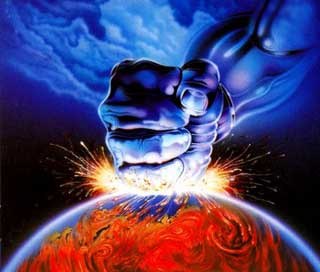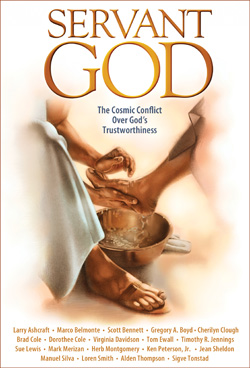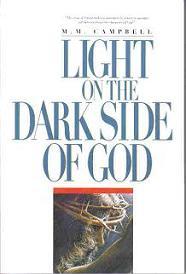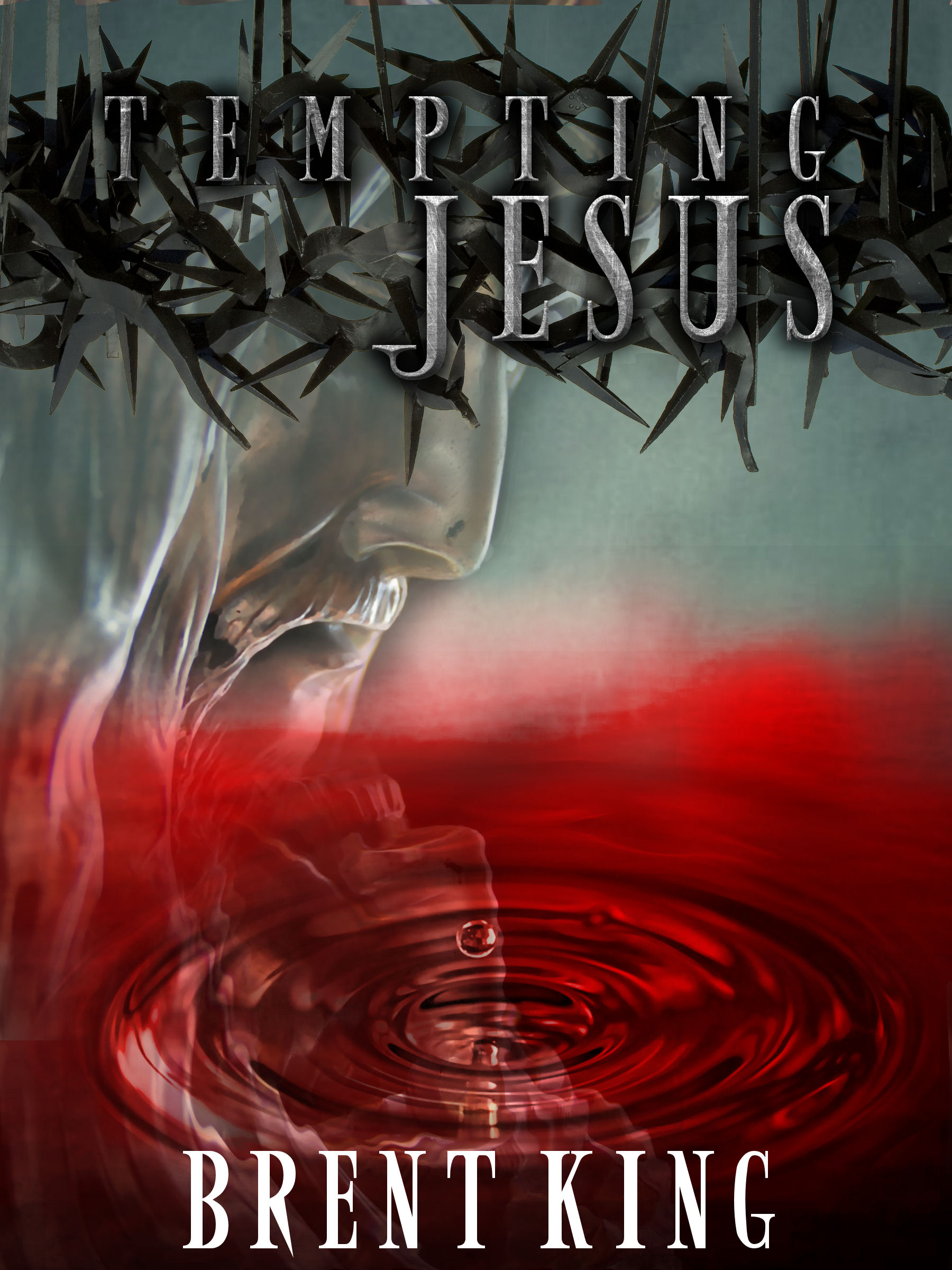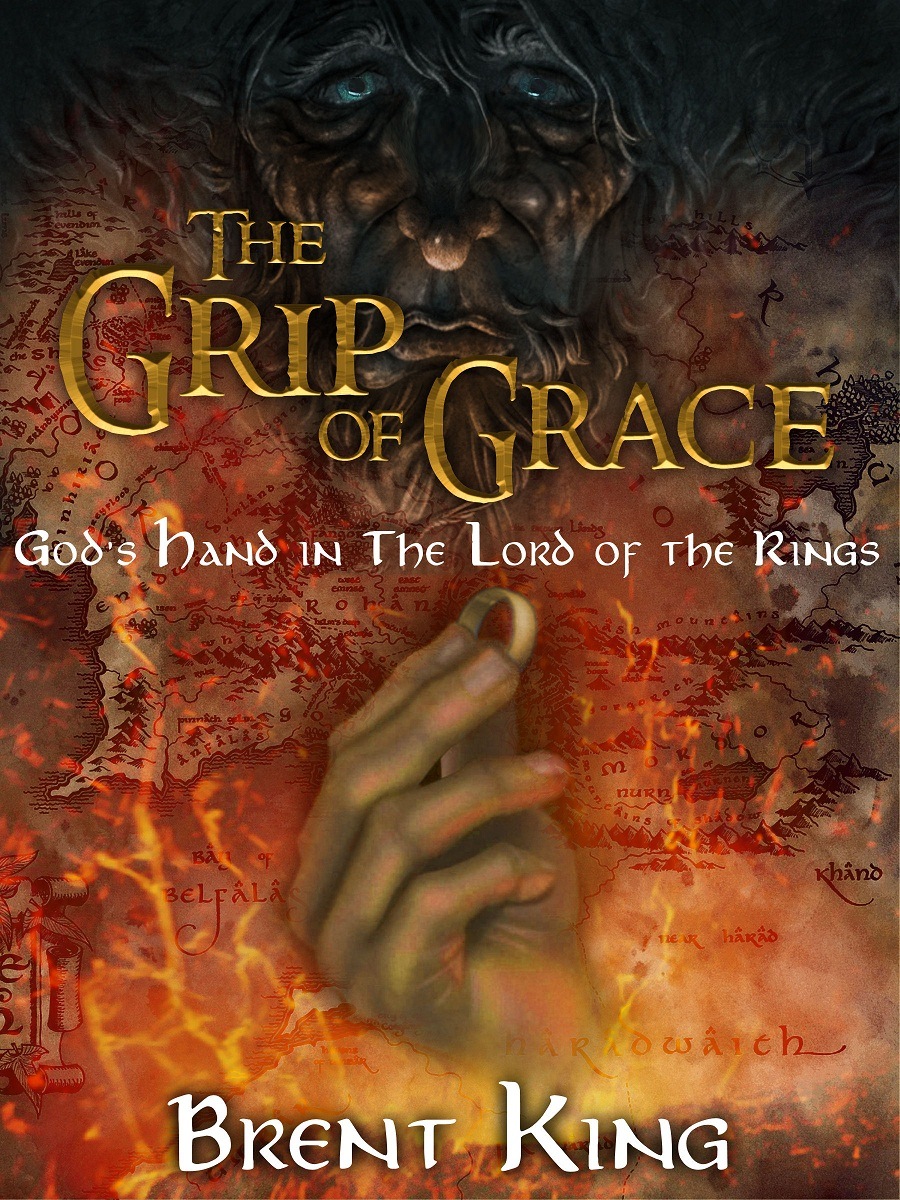Is God’s Wrath Violent?
Wrath involves action with an energy of violence. Therefore, when considering God’s wrath, the first question we must ask is this: is violence evil? Speaking of Lucifer, God says that by the abundance of his trading he was internally filled with violence and sinned. Therefore He casts him as profane from the mountain of God (Ezekiel 28:16). We don’t need to look further than that for our answer, even though we could.
The Wrong Idea
So, when we’ve associated God’s wrath with any form of violence we’ve gotten the wrong idea. It’s understandable. We take inventory of all of the resources on the side of good and judge that God’s goodness is too weak to actually win against the brutal battlements of evil without embracing violence. Like many in Tolkien’s epic tale, The Lord of the Rings, we believe that the only way we—and even God—can win against such monstrous evil is by taking Sauron’s violent Ring of power for ourselves.
Does the End Justify the Means?
Thus we make God into a retributive god, who must use violent tactics not only to punish evildoers, but also to come to the rescue of good, as with the popular theology of why the flood happened and why Korah, Dathan, and Abiram were destroyed. Yet there is a problem. Is violence only bad when used for evil? Is it justified when used for good?
“Far more violence has been done in obeying the law than in breaking the law.” – Robert Frost
The trouble with justifying violent means with a good end is that it makes God’s descriptive law subjective and arbitrary. We are geniuses at justifying our behavior, rationalizing anything for a worthy outcome. When each person or group decides what is moral or immoral based on the situation, the result is exactly what we have in this world: complete chaos. This is why, in God’s economy, the end can never justify the means.
God is pretty clear about the nature of all violence in Ezekiel (above). He is light and in Him is no darkness at all. He defeats evil with pure goodness and violence with gentleness, kindness, and peace. This is most clearly seen in the death of God.
Wrath | strong vengeful anger or indignation; anger (rage) involving violence; retributory punishment for an offense or a crime: divine chastisement
Violence Defined
Perhaps some are not clear on what violence actually is. What do we mean by the word violence? Look at the definition: the use of physical force so as to injure, abuse, damage, or destroy. God never does this, which means He doesn’t burn people, stab people, drown people, shame people, or any other of a multitude of violent acts. Indeed, God’s wrath can never be violent. A violent, hammer-wielding god is no god at all but a demon.
What, Then, Is God’s Wrath?
C. Baxter Kruger says it best in Jesus and the Undoing of Adam:
“God is for us and therefore opposed—utterly, eternally and passionately opposed—to our destruction. That opposition, that fiery and passionate and determined “No!” to the disaster of the Fall, is the proper understanding of the wrath of God. Wrath is not the opposite of love. Wrath is the love of God in action, in opposing action.”
God’s wrath is His fervent love that will not let us go. This love ultimately drives those who reject it to their destruction. God pursues men passionately until their hearts are either melted or hardened. God comes to man in one role only: as a loving Savior. Yet the effect of that effort is not always a saving one. With many, the effect is to harden them in rebellion (like Pharaoh of old) and to cause them to withdraw themselves from the voice of loving entreaty.
Violence | the use of physical force so as to injure, abuse, damage, or destroy.
Wrath Is Not So Much God’s Action As Man’s Response
The more God exerts His saving power, the more men are driven by their rejection of it into dark rebellion where lies totally obliterate the gentle voice of entreaty. Though God’s grace never ends and He continues to woo men with tender proposals, those who persistently reject His mercy at last can no longer hear them. And all along our gentleman God, true to His character, takes responsibility for what men themselves do—claiming that he withdraws when men did the withdrawing, that He turns men over to destruction when they turned themselves over, and that He hides Himself from them when they did the hiding.
Grief, not anger, is God’s response to the rejection of men. He is left sobbing with anguish that only a lover can know, who bends over the lifeless body of His beloved.
The pleas of Love ruin men if they cannot save them.
God’s Law Needs No Violent Enforcement
If God’s moral laws were like our laws, then He would have to violently punish us to enforce them. However, God’s moral law is a descriptive law with intrinsic consequences, like the laws of nature. They are based upon how reality actually works at the core of God’s person. God’s law is the foundational blueprint of reality—how life is designed and constructed to operate—and thus, like natural law, contains the inevitability of cause and effect.
Therefore, God’s law needs no arbitrary or violent enforcement because sin carries it’s own punishment. We can see what that punishment looks like by surveying the cross of Christ. This takes God out of the position of judge and punisher and puts Him in a position of a healer. God doesn’t judge anyone. Rather, it’s God who is on trial before all intelligent creatures. It is not He who punishes, but He who is being punished by sinners.
Will the Real God of Wrath Please Stand Up?
It is in this non-violent way that we must understand the wrath of God, though it is hardly what we would define as wrath. Perhaps we’ve used the wrong word. None could call God wrathful as we use the term. No. God comes to man not as an ancient god of fiery anger but only as a compassionate and gentle healer. And physicians don’t kill their sick patients, even if those patients refuse to take their treatment. Instead God is ever trying to save men from the intrinsic effects of the real wrathful enemy: the disease of sin.

